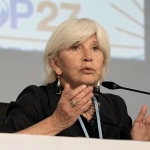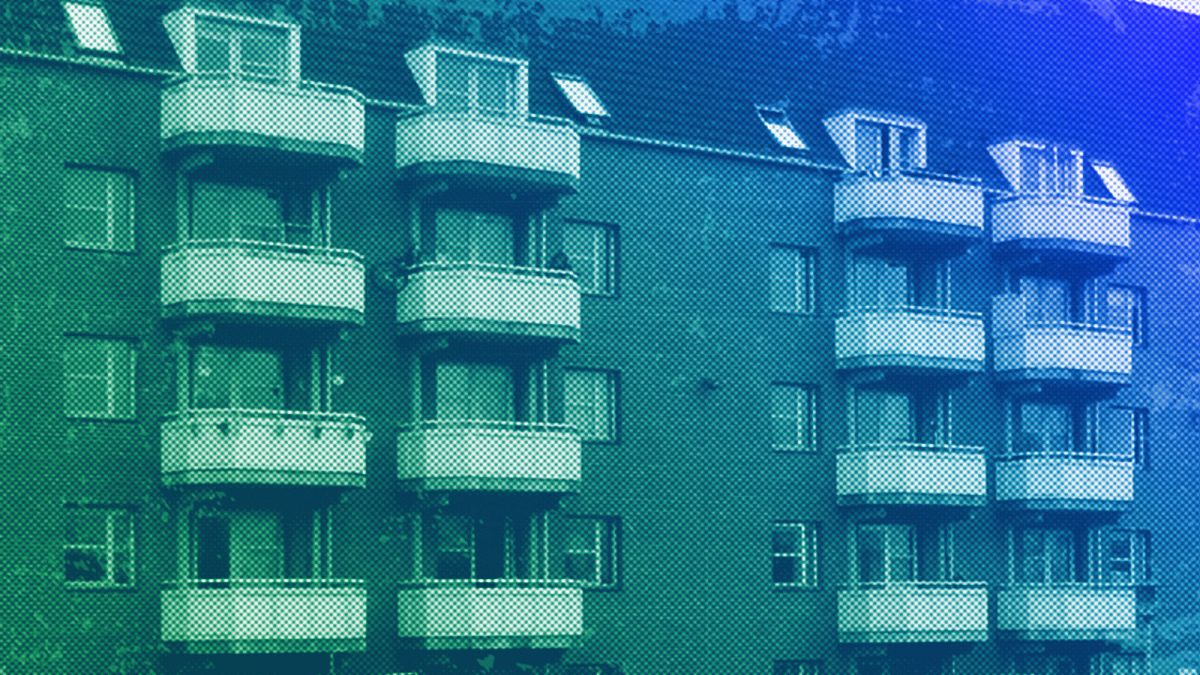Majken Felle, a schoolteacher in Copenhagen, shares her experience living in Mjølnerparken neighborhood, which was labeled a “ghetto” by the Danish government. The neighborhood is diverse, welcoming, and hardworking, contrary to the negative stereotypes portrayed by the government and media. Felle and the community have been fighting back against discriminatory policies that aimed to eradicate neighborhoods like Mjølnerparken. They have taken their case to the EU’s Court of Justice in hopes of overturning the discriminatory “Ghetto Package” laws and setting a precedent for similar communities across Denmark.
The Danish government’s designation of “ghettos” based on the percentage of residents with a “non-Western” background has caused fear and division within communities like Mjølnerparken. The government’s criteria for what constitutes “non-Western” has been called into question, as residents have come together to resist the forced relocation or demolition of their homes. Despite facing pressure and uncertainty, the community has rallied together in solidarity to challenge the discriminatory laws and fight for their neighborhood’s right to exist.
Felle emphasizes that Mjølnerparken is a Danish success story, not a “no-go zone” as portrayed by the government. With people from various backgrounds and walks of life coming together, the community thrives on diversity and mutual support. The neighborhood has been unfairly targeted by a government-sponsored smear campaign, but residents continue to highlight their contributions to Danish society, including working in essential roles such as nursing, cleaning, and transportation.
The fight for justice in Mjølnerparken extends beyond the neighborhood itself, as other similar communities in Denmark are also awaiting the outcome of the EU’s Court of Justice hearing. The discriminatory laws not only impact residents of these neighborhoods but also perpetuate harmful stereotypes and deepen social divisions in Danish society. Felle acknowledges the importance of speaking out against unjust treatment and hopes that a ruling in their favor will bring positive change and prevent such policies from spreading across Europe.
The case of Mjølnerparken highlights the intersection of discrimination, gentrification, and social cohesion in urban neighborhoods. By challenging the Danish government’s divisive policies and advocating for justice, residents like Felle are standing up for their community’s right to exist and thrive. The upcoming decision by the EU’s Court of Justice will not only have implications for Mjølnerparken but also for other marginalized communities in Denmark and potentially across Europe. Felle’s determination to fight for her neighborhood reflects a broader struggle for equality, inclusion, and human rights in contemporary society.
Overall, the story of Mjølnerparken showcases the resilience and solidarity of a diverse community facing discrimination and unjust policies. Felle’s advocacy for her neighborhood and the fight against discriminatory “ghetto” laws underscores the importance of standing up for justice and challenging systemic inequalities. As the EU’s Court of Justice prepares to hear their case, residents of Mjølnerparken and similar communities are hopeful for a ruling that will bring about positive change and set a precedent for addressing discrimination and social exclusion in urban areas.











